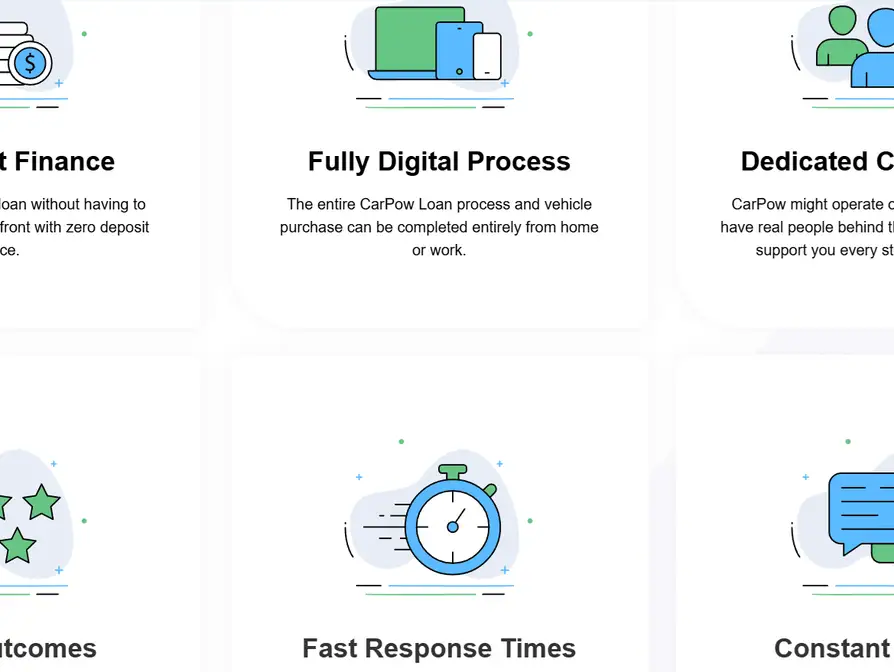OpenAI 2024: Streamlined Voice Assistant Development

Table of Contents
Enhanced Natural Language Processing (NLP) Capabilities
OpenAI is significantly enhancing its NLP capabilities, making voice assistant development more efficient and effective than ever before. This progress manifests in two key areas: improved speech-to-text and text-to-speech functionality, and a vastly improved contextual understanding of human language.
Improved Speech-to-Text and Text-to-Speech
OpenAI's advancements in speech processing are remarkable. New models and APIs boast significantly improved accuracy and naturalness, even when dealing with diverse accents, dialects, and challenging background noise conditions. This translates to a smoother, more intuitive user experience. Specific improvements include:
- Reduced latency for real-time voice interactions: Enabling faster, more responsive voice assistant experiences.
- Increased accuracy in transcription across diverse accents: Making voice assistants accessible to a wider global audience.
- More expressive and natural-sounding text-to-speech synthesis: Creating more engaging and human-like interactions. OpenAI's advancements in this area leverage models like Whisper and other cutting-edge technologies to produce superior audio output.
Advanced Contextual Understanding
Beyond accurate transcription, understanding the meaning behind spoken words is crucial. OpenAI's models are now significantly better at grasping the nuances of human conversation, including intent, emotion, and context. This leads to more intelligent and helpful voice assistants. Key advancements include:
- Improved ability to handle complex commands and questions: Enabling users to interact with the voice assistant in a more natural and flexible way.
- Better disambiguation of ambiguous phrases: Leading to fewer misunderstandings and errors in interpretation.
- Enhanced ability to maintain context across multiple turns in a conversation: Allowing for more fluid and engaging interactions. This is a significant leap forward in creating truly conversational AI.
Simplified Development Tools and APIs
OpenAI is not just improving the underlying technology; it's also simplifying the development process itself. This is achieved through user-friendly APIs and SDKs, and by drastically reducing development time and costs.
User-Friendly APIs and SDKs
Integrating OpenAI's powerful tools into your voice assistant projects is easier than ever. The company provides comprehensive and well-documented APIs and SDKs, making the development process significantly more streamlined.
- Simplified API documentation and tutorials: Making it easier for developers of all skill levels to get started quickly.
- Pre-built modules for common voice assistant functionalities: Accelerating development by providing ready-to-use components for tasks like speech recognition, natural language understanding, and text-to-speech.
- Support for multiple programming languages: Enabling developers to use their preferred languages and integrate OpenAI's tools seamlessly into existing projects.
Reduced Development Time and Cost
OpenAI's solutions dramatically lower the barrier to entry for voice assistant development. This makes it accessible to a wider range of developers, including smaller teams and startups. The benefits include:
- Faster prototyping and iteration cycles: Accelerating the development process and enabling quicker feedback loops.
- Reduced need for extensive NLP expertise: OpenAI's tools abstract away much of the complexity of NLP, allowing developers to focus on the application-specific aspects of their voice assistants.
- Cost-effective pricing models for OpenAI's services: Making advanced NLP technology more accessible and affordable.
Advanced Customization and Personalization
One of the most exciting aspects of OpenAI's offerings is the potential for advanced customization and personalization. This allows developers to create truly unique and tailored voice assistant experiences.
Fine-tuning Models for Specific Domains
Developers can tailor OpenAI's models to create voice assistants specialized for particular industries or applications. This opens up exciting possibilities across diverse sectors.
- Efficient methods for training custom models: Enabling developers to fine-tune OpenAI's models using their own data to create highly specialized voice assistants.
- Tools for evaluating model performance on specific datasets: Providing developers with the ability to measure and improve the performance of their custom models.
- Examples of successful custom voice assistant deployments: Showcasing the diverse applications of OpenAI's technology in real-world scenarios, across fields like healthcare, finance, and education.
Personalized User Experiences
OpenAI's technology enables the creation of voice assistants that adapt to individual user preferences and behaviors, creating more personalized and engaging interactions.
- Methods for collecting and utilizing user data ethically: Focusing on responsible data handling practices and user privacy.
- Techniques for building personalized voice profiles: Allowing voice assistants to learn and adapt to individual user needs and communication styles.
- Strategies for ensuring user privacy and security: Prioritizing data security and user trust.
Conclusion: Unlocking the Potential of Voice Assistants with OpenAI in 2024
OpenAI is dramatically transforming the landscape of voice assistant development in 2024. By providing enhanced NLP capabilities, simplified development tools, and advanced customization options, OpenAI empowers developers to create more intelligent, efficient, and personalized voice assistants. The improvements in speech-to-text, text-to-speech, and contextual understanding, combined with user-friendly APIs and cost-effective pricing models, significantly reduce the barriers to entry for this exciting technology. Streamline your voice assistant development with OpenAI today! Explore OpenAI's advanced tools for building cutting-edge voice assistants and discover how OpenAI is revolutionizing voice assistant development in 2024.

Featured Posts
-
 Yankees Aaron Judge A Future Hall Of Famer After 1 000 Games
May 11, 2025
Yankees Aaron Judge A Future Hall Of Famer After 1 000 Games
May 11, 2025 -
 Jessica Simpson And Jeremy Renner Did They Ever Flirt Exploring Their History
May 11, 2025
Jessica Simpson And Jeremy Renner Did They Ever Flirt Exploring Their History
May 11, 2025 -
 Aaron Judges Yankees Feat A Ruthian Record Achieved
May 11, 2025
Aaron Judges Yankees Feat A Ruthian Record Achieved
May 11, 2025 -
 Where Is Zane Denton Now A Former Vols Baseball Stars Journey
May 11, 2025
Where Is Zane Denton Now A Former Vols Baseball Stars Journey
May 11, 2025 -
 Nine Cardinals In The Running To Become The Next Pope
May 11, 2025
Nine Cardinals In The Running To Become The Next Pope
May 11, 2025
